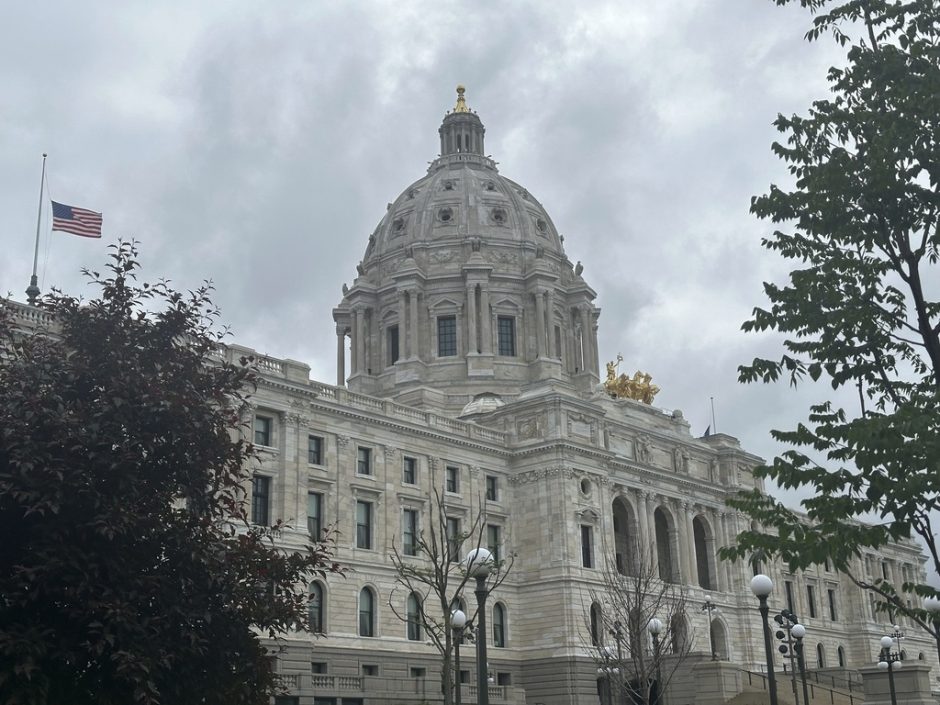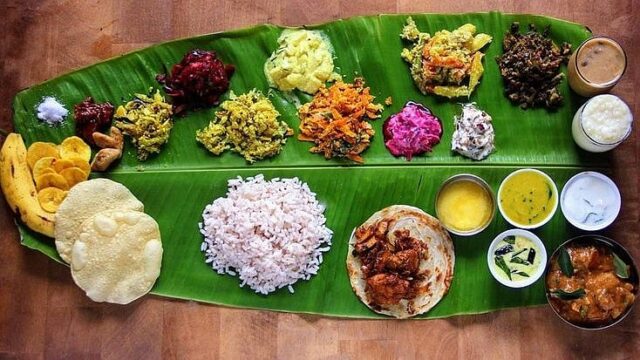Vishu is the Malayalam New Year festival celebrated in the Indian state of Kerala and by Malayali communities around the world. It usually falls on April 14 or 15, marking the beginning of the month in the Malayalam calendar. This year, the auspicious festival will fall on Monday, April 14, 2025. Vishu is a vibrant celebration that symbolises hope, prosperity, and new beginnings. It is deeply rooted in agrarian traditions and spiritual beliefs and holds a special place in the hearts of Keralites.
Historical and Cultural Significance
Vishu means “equal” in Sanskrit, symbolising the equinox and balance between day and night.
It is considered astrologically significant, as it marks the sun’s transition into Medam Rasi (Aries), similar to other regional New Year festivals like Baisakhi (Punjab), Puthandu (Tamil Nadu), and Pohela Boishakh (Bengal).
The day is associated with Lord Vishnu, the preserver in the Hindu trinity. Vishu celebrations are often centered around Lord Krishna, an avatar of Vishnu.
Rituals and Traditions of Vishu – The Malayalam New Year
Vishu is not just a new year, it is a celebration of light, prosperity, family, and cultural identity. It reminds people of the importance of starting the year with positivity and gratitude, while cherishing the traditions passed down through generations.
Vishu celebrations | Canva
Vishukkani (The First Sight)
The most important ritual of Vishu is “Vishukkani”, which means “the first thing seen on Vishu morning.” It is believed that what one sees first on Vishu morning determines luck and prosperity for the rest of the year.
Vishukkani Setup Includes:
An image or idol of Lord Krishna
Kanikonna flowers (golden shower flowers)
Rice, vegetables, fruits, and coconut
Mirrors, gold ornaments, sacred books (like the Bhagavad Gita), and coins or currency
Elders prepare the Vishukkani the night before. At dawn, children are gently awakened and led with closed eyes to view the auspicious arrangement.
Vishukkaineetam
Elders give money (kaineetam) to younger members of the family as a blessing for prosperity.
It’s both a gesture of goodwill and a way of teaching children about sharing and generosity.

Vishu Sadya (Feast)
| Canva
Vishu Sadya (Feast)
A grand vegetarian meal is prepared and served on a banana leaf. The sadya includes a mix of sweet, sour, salty, and bitter dishes to reflect the various experiences of life. The Feast also includes special items, like Mambazha pulissery (ripe mango curry), Thoran, Avial, Sambar. Payasam (a sweet dessert made from jaggery and coconut milk)
Fireworks and Crackers
In many parts of Kerala, bursting firecrackers (similar to Diwali) is part of the celebration, especially among children. It is locally as Vishupadakkam, this tradition symbolises joy and prosperity.

















































